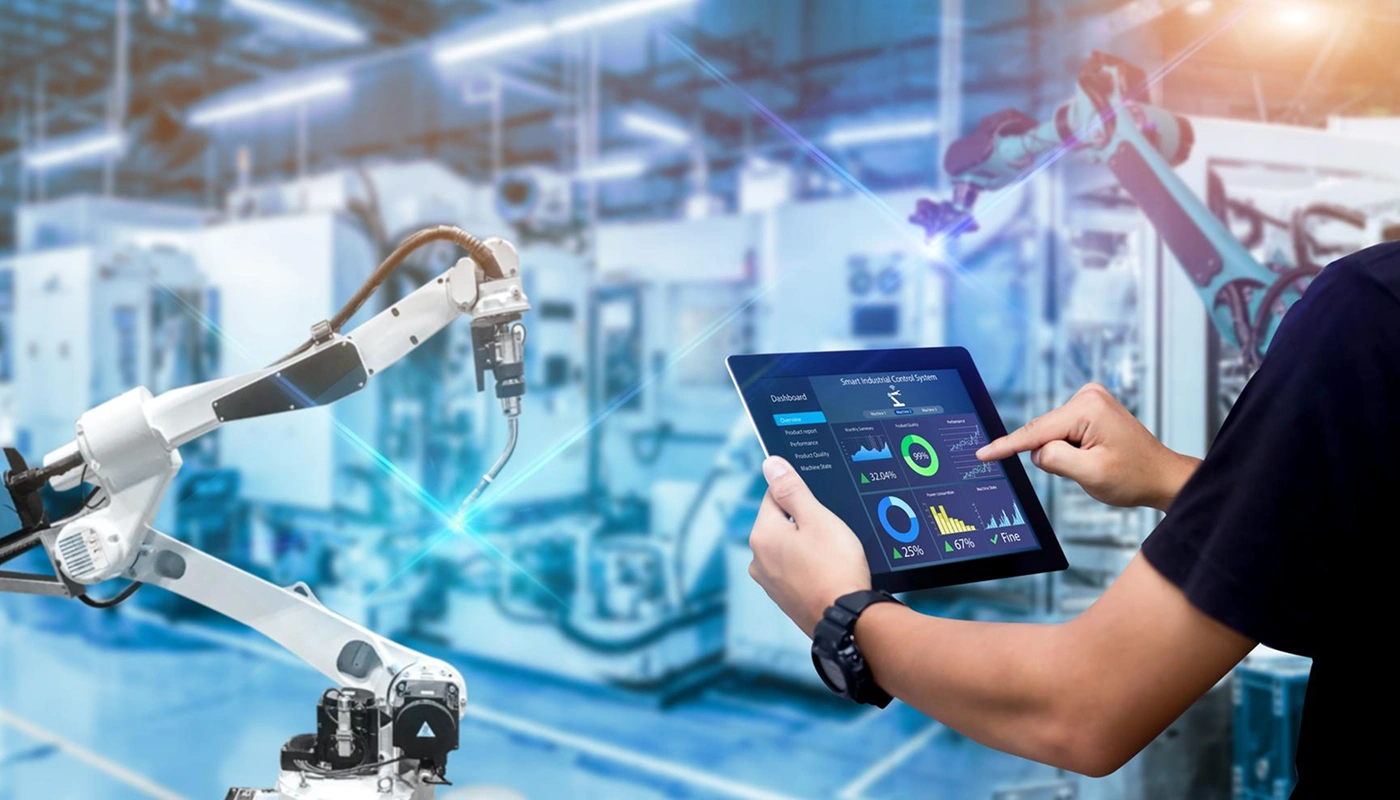IoT and automation are creating intelligent, connected production floors. Real-time data improves decision-making and efficiency. Smart factories are setting new standards for productivity.

Smart factories represent the pinnacle of industrial evolution, integrating advanced technologies such as IoT, AI, robotics, and data analytics into manufacturing processes. Unlike traditional factories, smart factories operate with real-time data, predictive maintenance, and autonomous systems, leading to improved productivity, precision, and flexibility. They allow manufacturers to respond rapidly to market demands, reduce waste, optimize energy consumption, and ensure consistent quality. As industries embrace digital transformation, smart factories are not just a trend—they are the blueprint for the future of manufacturing worldwide.
Smart factories are revolutionizing manufacturing by combining technology, data, and automation to create highly efficient, adaptable, and sustainable production environments. They empower industries to innovate faster, meet market demands with precision, and reduce operational costs while supporting environmental goals. As digital transformation accelerates, smart factories will continue to set the standard for modern manufacturing.
Smart factories combine cutting-edge technologies such as AI, IoT, robotics, and cloud computing to create fully integrated production environments. These systems monitor every stage of manufacturing in real time, predict potential issues before they occur, and allow seamless coordination across all departments, ensuring maximum efficiency and minimal downtime.
“Smart factories are where technology meets industry—transforming traditional production into an intelligent ecosystem that works faster, smarter, and greener, shaping the future of manufacturing one innovation at a time.”
The adaptability and intelligence of smart factories allow rapid response to changing market demands, including product customization, batch changes, and scaling production up or down. This flexibility, combined with sustainable practices such as optimized energy consumption and resource management, positions smart factories as the cornerstone of modern, future-ready manufacturing.